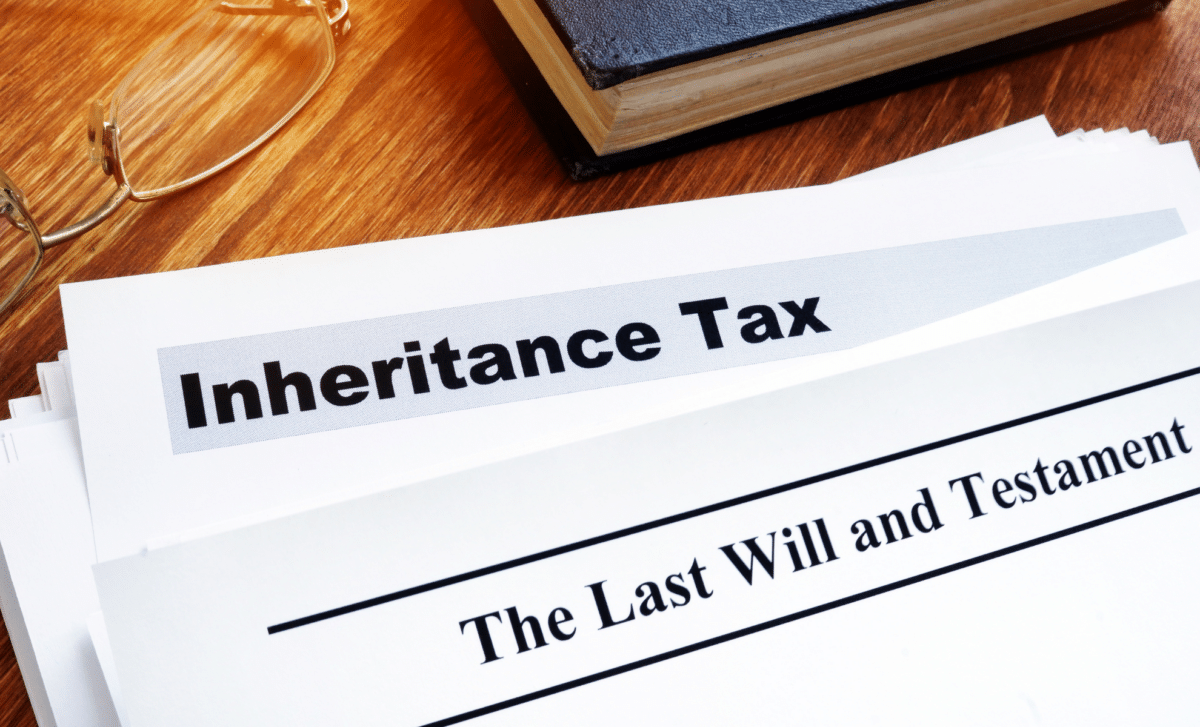According to recent data, over 13,000 wealthy households were hit with unexpected inheritance tax bills as high as £1.4 million on lifetime gifts after the donor’s passing, within seven years of leaving the legacy.
Understanding Failed PETs in Inheritance Tax
The donors attempted to take advantage of a rule that exempts offerings of any amount from inheritance tax, provided the recipient lives for an additional seven years. “Potentially exempt transfers” (PETs) are what these are called.
Nevertheless, a freedom of information request to HM Revenue & Customs revealed that 13,380 of these PETs failed in the 2020–21 tax year, the most recent for which data is available. As a result, inheritance tax was applied to the gift by the estate since the donor passed away inside the seven-year window.
Carla Morris, financial planner at wealth manager RBC Brewin Dolphin, which made the FOI request, emphasised: “Inheritance tax is paid by a few but feared by all. Many people resent having to pay tax on income that has already been taxed, especially at a time when they are grieving.”
She had been taken aback by the high number of unsuccessful transfers, adding that a great portion of her family clients were wanting to pass wealth to younger generations during life rather than after death.
To guarantee the highest inheritance for beneficiaries, she advised these people to consider their estate and financial planning as soon as possible, arguing: “Leave it until your 80s, and the risk becomes far greater that you won’t survive the full seven years.”
Morris also drew attention to the significant tax liability associated with certain rejected gifts. The FOI data shows that the average amount of the top 50 failed gifts was £3.6 million after allowances and exclusions. Based on this, Morris estimated that if the PET failed during the first three years, the price might be as high as £1.45 million.
When someone passes away within three years, inheritance tax is levied at a rate of 40% on any estate value over £325,000.
If the individual providing the gift passes within three years, the inheritance tax rate is reduced by 32% on the amount of the gift that exceeds the £325,000 threshold. This decreases to 24% for presents made four to five years before death, 16% for gifts made five to six years before death, and 8% for people who pass within six to seven years of the gift.
The FOI revealed that the typical unsuccessful donation was worth £156,000 after deductions and exclusions, resulting in a tax liability of £62,400 if the PET failed within the first three years.
Inheritance Tax Stirs Controversy in the UK
Inheritance tax is frequently referred to as the “most unfair” tax in opinion polls, despite the fact that it is paid by just a tiny portion of estates in the UK (less than 4%).
Nonetheless, the total number of estates facing an inheritance tax obligation has increased in recent years, rising by 17% to 27,000 in 2020–21. Britons owing a record £5.76 billion in inheritance tax in 2020-21. This was due to a rise in mortality during the pandemic, as well as a freeze on the inheritance tax threshold. The £325,000 threshold has not been changed since 2009.
Although there had been indications that the government was considering abolishing or lowering inheritance tax, these proposals were not included in last week’s Budget.
A government spokesperson stated: “More than 93 percent of estates are forecast to have zero inheritance tax liability in the coming years; however, the tax is forecast to raise almost £10bn a year by 2028–29 to help fund public services millions of us rely on daily.
“Estates of surviving spouses and civil partners can pass on up to £1 mn without an inheritance tax liability—significantly more than the average UK house price of £285,000.”









